Is it OK to charge for nativity plays?
- Published
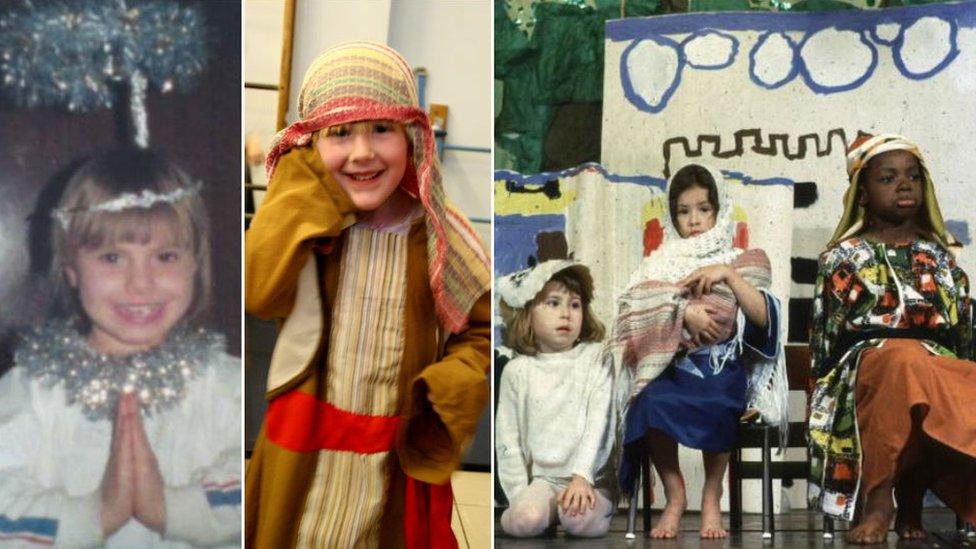
Should the traditional nativity play now help pay for school books?
A primary school's decision to charge parents to see their children's nativity play amid "tightening budgets" has sparked anger among some. But is it wrong to put a price on the often long-cherished Christmas play, or is it simply a sign of modern times?
The reaction of some parents to news they would have to pay £1 to watch their children's nativity plays shocked the head teacher at Worcester's St Joseph's Catholic Primary School.
"I have been extremely concerned about the conduct of some parents towards my staff which in some cases I can only describe as verbal abuse," school head Louise Bury wrote to parents.
Mrs Bury said charging for nativity play tickets for the first time would help the school invest in "some valuable reading and learning resources".
She added: "I know that for some of you, paying to see your child perform doesn't feel right."
'Horrendous guilt'
Amanda, a mother who paid £6 for four tickets to attend her daughter's first school play in west Nottinghamshire, believes such costs are an example of the huge financial pressure schools are putting on families.
"I am annoyed at paying the fee but the guilt of not being there is horrendous," she said.
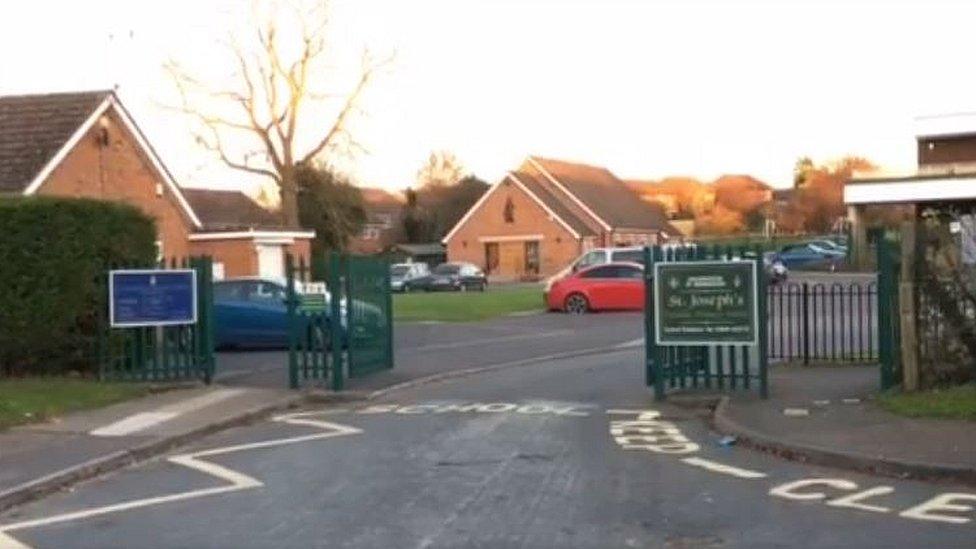
St Josephs Catholic Primary School in Worcester is among many schools which have begun charging for Christmas play tickets
Amanda said she had been asked for money or donations "about 10 times" since her daughter started school in September, including "paying a fortune" for costumes for different dress-up days.
"Most of the correspondence from the school is about asking for money or donations, not about how she is getting on," she said.
Amanda, who also has a baby, said she and her ex-partner worked full-time and did not have time to make costumes.
A reindeer costume for the Christmas play cost her nearly £19 with postage and packing and another "flimsy" supermarket costume previously cost about £15.
"The Christmas play is during school hours so it is not that anyone is working extra hours," she said.
The 26-year-old believes the situation had changed "massively" since she was a child and pressure on parents had greatly increased.
"My mum was saying it was free tickets then and costumes were provided by the school," she said.
"There's people who are not working and I really don't know how they are managing," she said. "It is hard for us and we are making ends meet."
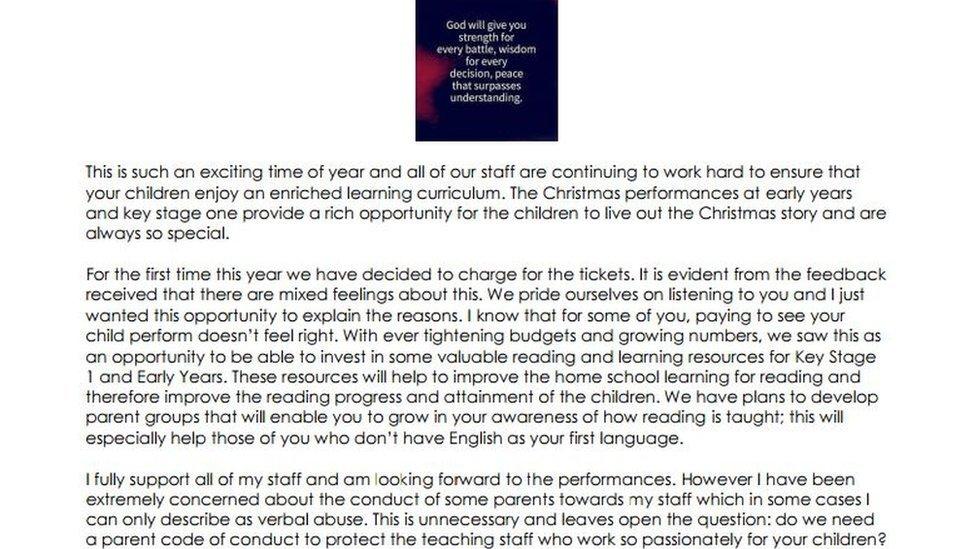
St Joseph's Catholic Primary School told parents charging for the nativity play was an "opportunity" to invest in valuable resources
Dozens of parents contacted the BBC in response to the story about St Joseph's in Worcester to say their schools had long charged for their Christmas productions.
One mother, who has a daughter at a school in Hampton, west London, said a "lot of parents had been grumbling in the playground this afternoon" after receiving letters that the Christmas school play would cost £1 to watch.
"There's been a lot of requests for small amounts of money from school recently, which I know many of the parents have found challenging," she said, adding some may not go to the play as result.
However, many parents were supportive.
Simon Ryland, who has a daughter at St Joseph's, said he had been happy to support the school which was a "great place to learn".
"Quite frankly I would have given them more if they would have asked," he said.
Meanwhile, another mother emailed to say her child's school in Durham was charging £3.50 a ticket.
"I don't mind paying as the money raised is either spent on new costumes stage props or for the kids' Xmas party," she said.
Shelly Smith told BBC News the story was "ridiculous".
"It's a pound a ticket helping towards things to help children," she said. "You don't have to pay it - you just don't go."
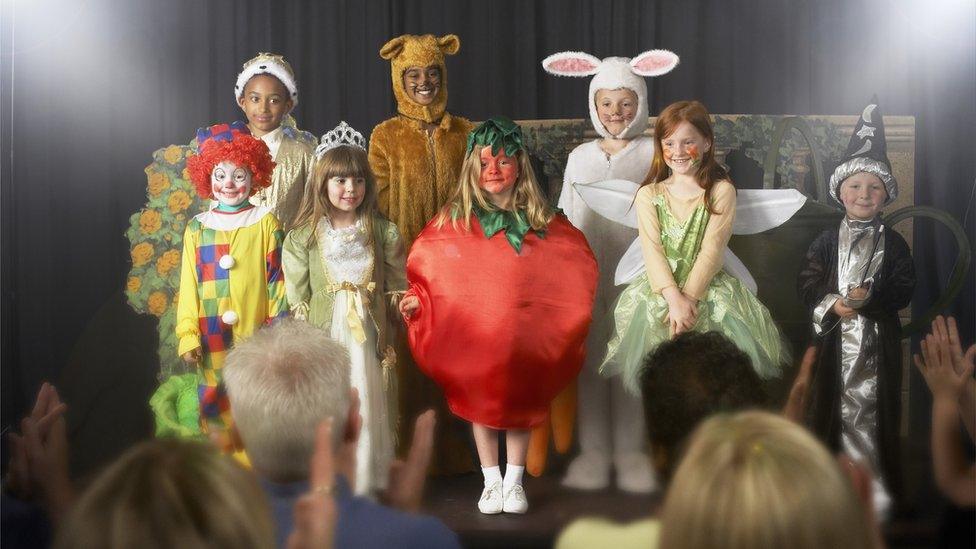
Some parents say they also feel pressured into buying expensive costumes
With news earlier this month that almost 1,000 local authority schools and more than 100 academy trusts in England are in debt, it looks likely that head teachers will continue to search for funds from new sources.
However, Mark Thyne, who is on a Parent Teachers' Association (PTA) at a London school, believes the decision to charge for tickets was misguided.
"I think this is more about naivety rather than nativity," he said. "We do regular fundraising throughout the year so that the school can provide more than just the basics.
"The school should never have charged for tickets and instead have asked for donations instead. Parents should feel they are being supported by their school instead of being fleeced."
'Historic unfairness'
Malcom Trobe, the interim general secretary of the Association of School and College Leaders, said schools had seen their funding effectively cut over the past four years. However, at the same time, they had to spend more on salaries, teacher's national insurance and pension contributions.
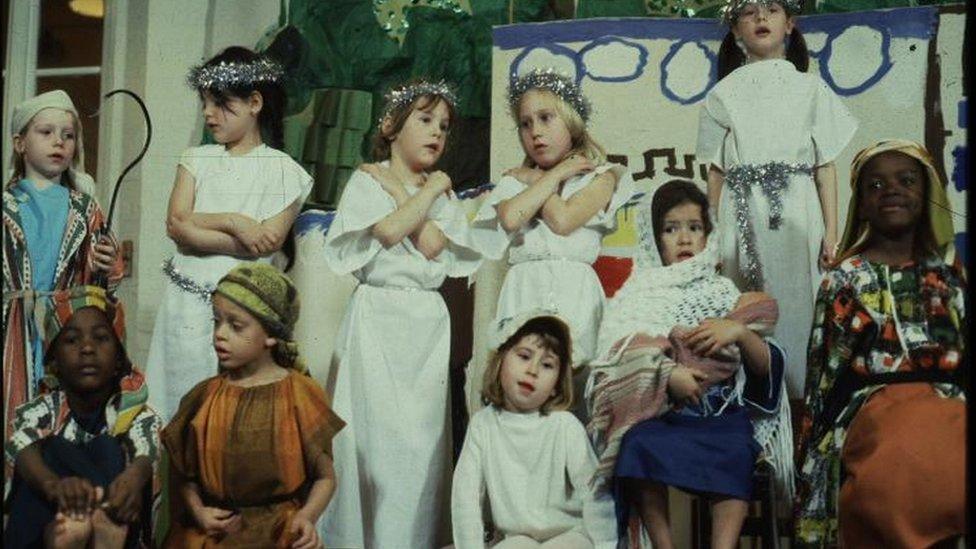
Parents say watching nativity plays in the 1970s and 1980s was a simpler experience
Mr Trobe said some heads had even been looking at cutting school hours, while others had cut "enrichment projects" and some extracurricular activities, such as trips.
He said the cuts meant schools were looking for ways to fund "essential curriculum" activities.
"It's quite common for schools to charge for concerts and plays but when this first comes into a school people realise the difficulty it is facing".
In response to Mr Trobe's comments, the Department for Education said it wanted schools to have access to resources so "every pupil, regardless of background or ability, can reach their full potential".
"The schools budget has been protected and in 2016-17 will total over £40bn, the highest ever on record," a spokeswoman said.
"The government's fairer funding proposals will ensure that areas with the highest need attract the most funding and end the historic unfairness in the system."
- Published28 November 2016
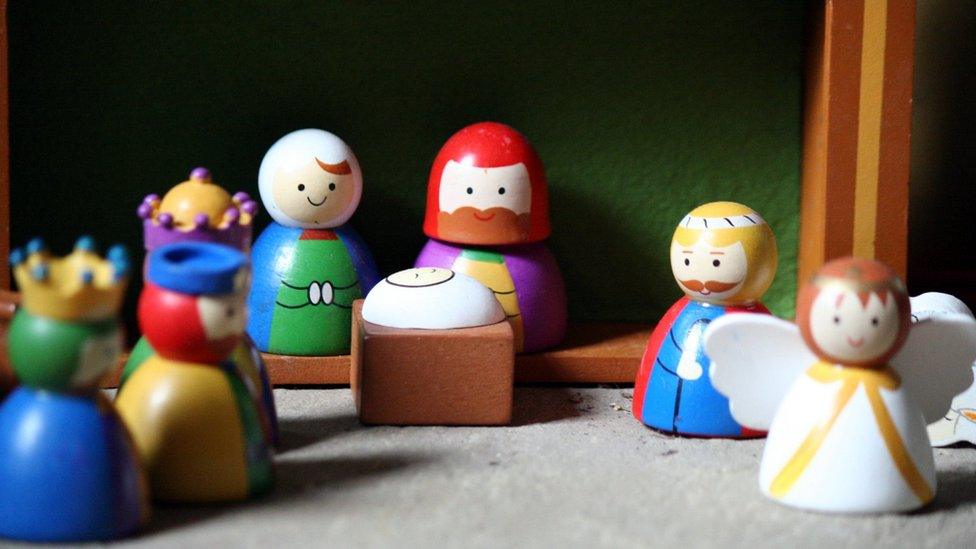
- Published4 November 2016
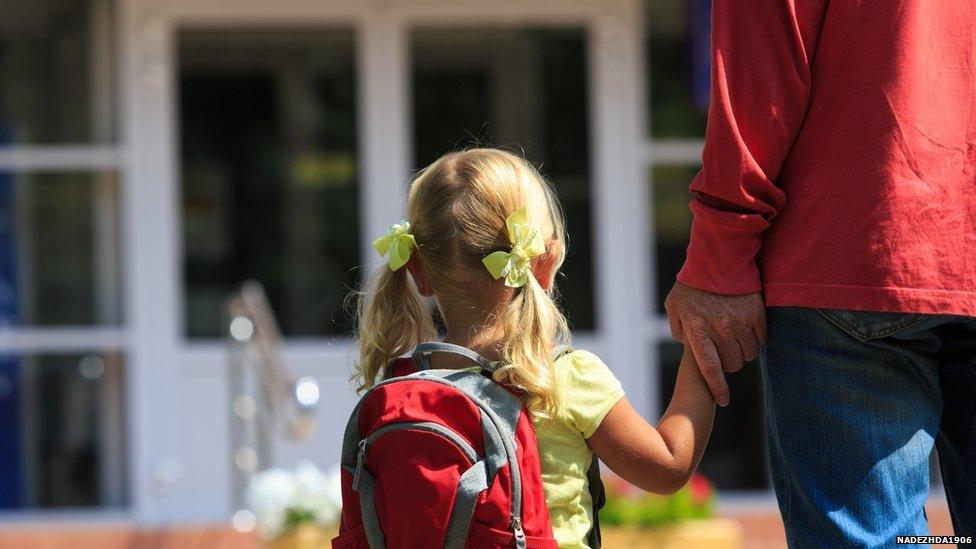
- Published3 November 2016
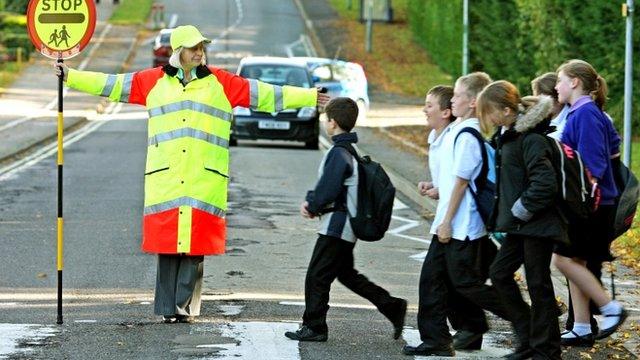
- Published2 December 2014
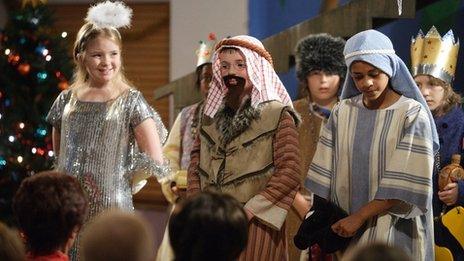
- Published8 December 2010